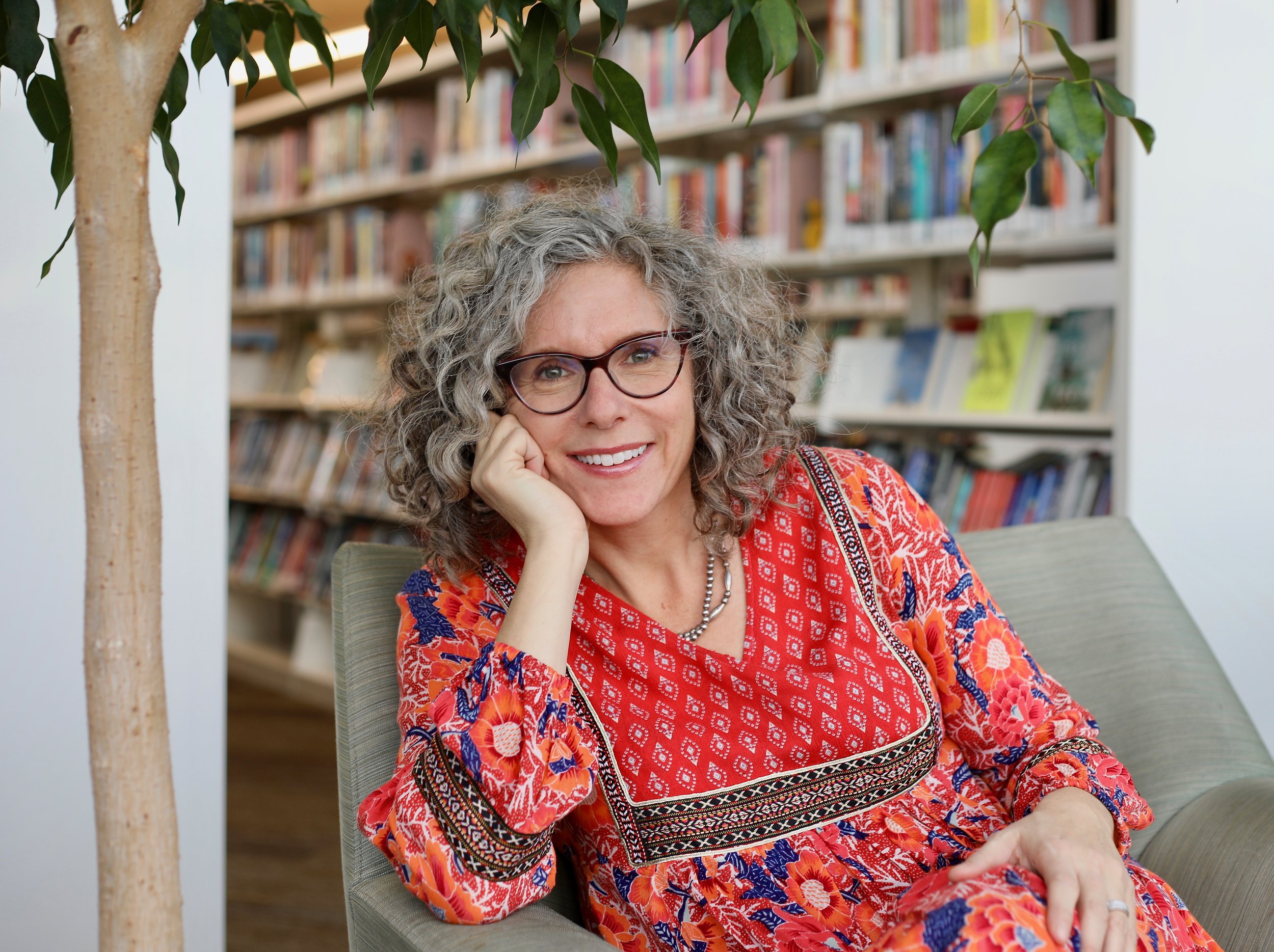Nicole Civita
is a human, mother, partner, and friend who is preoccupied with the possible and works like hell to bring its most beautiful bits into being. She’s a shapeshifter who has, over the course of her career, taken form as an educator, pracademic, ethicist, integrative lawyer, administrator, mentor, author, advocate, and consultant. Often, though not always, she’s focused her work on shaping change in and through the food system. Nicole’s efforts propelled multi-year projects to drastically reduce food waste, revitalize regional food systems, seek justice for agricultural and food workers, explore ethical dilemmas across the food chain, and develop systems-aware, equity-enhancing laws and policies.
-
Nicole’s work is grounded in ecological knowledge, influenced by systems thinking, attentive to relationships of care and reciprocity, and aimed at collective liberation. Through this work, she produces guidance, actionable policy, program, and enterprise recommendations, and truth-telling tools that enable moves toward relationship. She has been nationally recognized for her work on food waste and conservation, harnessing the power of food systems to address the climate crisis, and farmworker justice.Nicole has learned at least as much from the communities she serves as she did in pursuit of her degrees. She holds an LL.M. in Agricultural and Food Law from the University of Arkansas School of Law, a J.D. from the Georgetown University Law Center, and an A.B. in American Studies and Creative Writing from Columbia University.
In recent years, Nicole has served as Sterling College’s Vice President for Strategic Initiatives and the director of its EcoGather initiative and School of the New American Farmstead, as well as faculty and research scholar at the University of Colorado Boulder, the Johns Hopkins Berman Institute of Bioethics, the University of Arkansas School of Law, and Sterling. Nicole is also a founding co-convener and policy director for Project Protect Food Systems Workers. She takes an integrative approach to practicing law of counsel to Handel Food Law, LLC and also maintains a relational food systems consulting practice, Plenty Enough.
Michelle Auerbach
is a world-builder and community-maker who uses all her geeky skills to support and educate change shapers. Michelle works as a consultant, educator, and writer focused on change shaping, creativity, and leadership for individuals, organizations, and communities. Michelle has been studying change and developing her change shaping practice for over 40 years. She has worked with institutions (the NY City Department of Health, Kaiser Permanente, and The National Institutes of Health), organizations (from Fortune 50 companies to NGOs and nonprofits) and communities (through activist movements, consulting, designing change processes and facilitating), and she creates communications and storytelling strategies for universities, legislative change groups, and pro-social businesses.
-
Michelle was trained in facilitation and change management as well as individual and group coaching at the Columbia University School of Public Health, Kaiser Permanente, and the New York City Department of Health as well as through movements and teachers on the ground. She was a professor of Ancient World Languages and Humanities for a decade and served as chair of the Arts and Humanities discipline for the State of Colorado Department of Higher Education. Currently, she teaches communication and story for changemakers at The University of Colorado and Sterling College.
Michelle was also trained as a chef in New York City at the Natural Gourmet, where she studied nutrition, Chinese medicinal cookery. She worked in restaurants and has done food writing for the New York Times, the London Guardian, and Sunset Magazine as well as other outlets. Michelle has a particular passion for supporting food sustainability and justice.
Michelle’s PhD dissertation was written on story as a trauma sensitive change technology for individuals, organizations, and communities. She studies the way we respond to change from 6000 year old wisdom traditions to the neurobiology that drives our connected selves. She is the author of three novels and two books of nonfiction.

